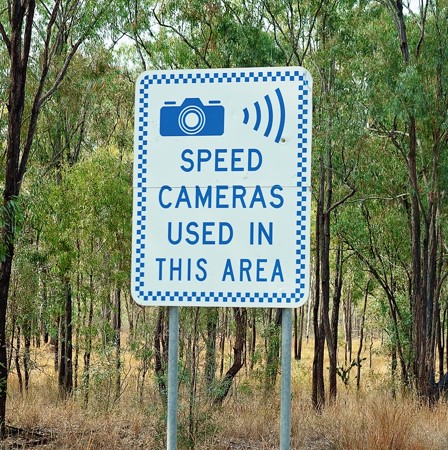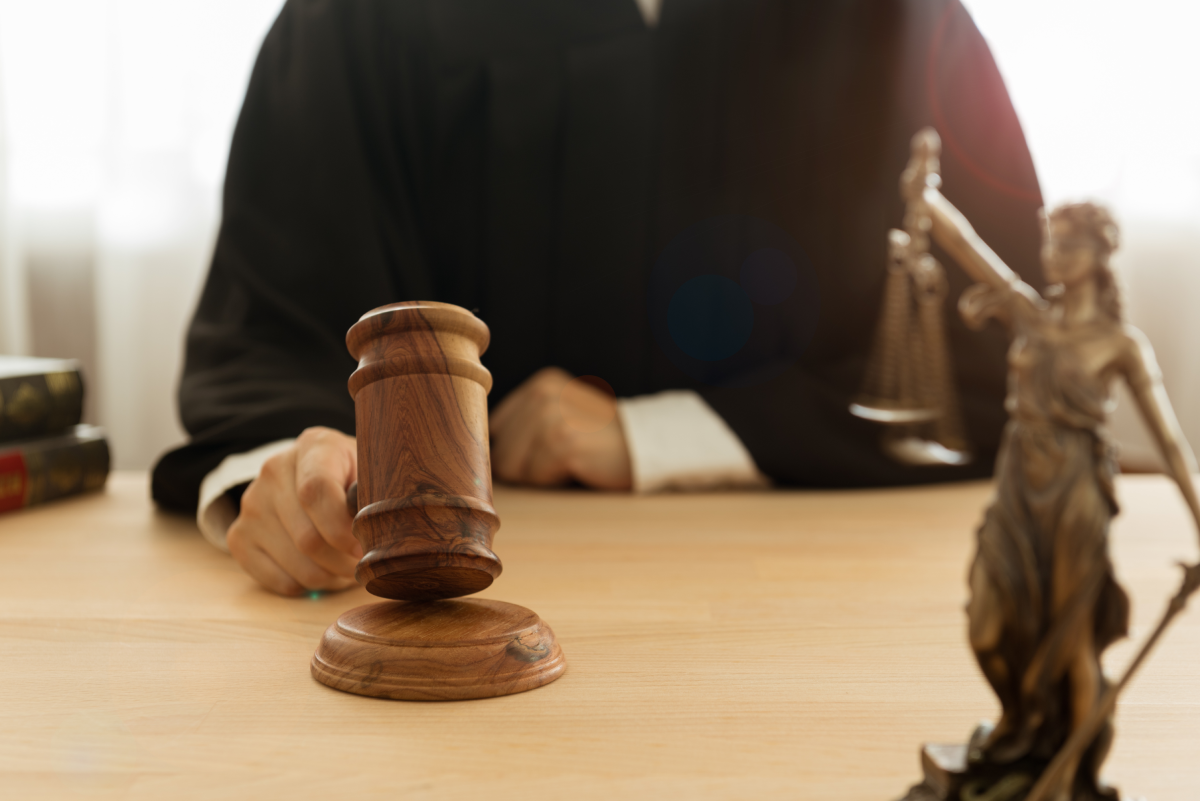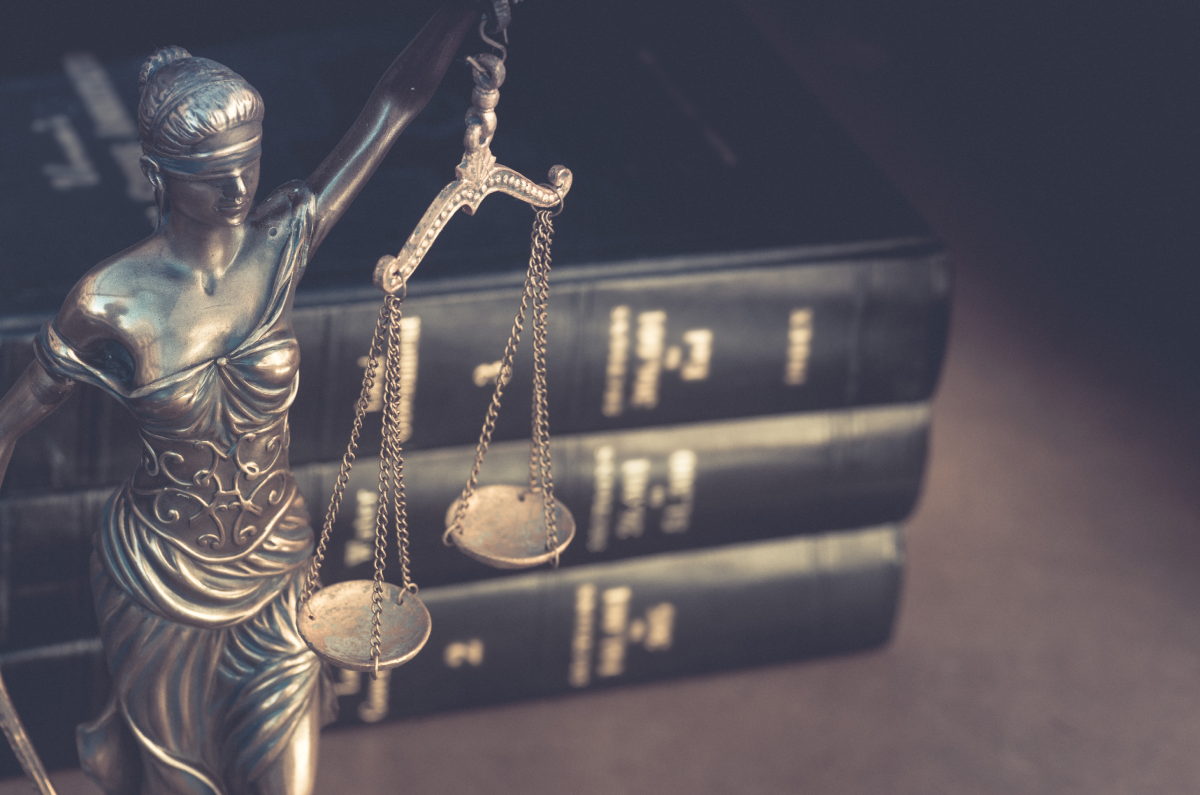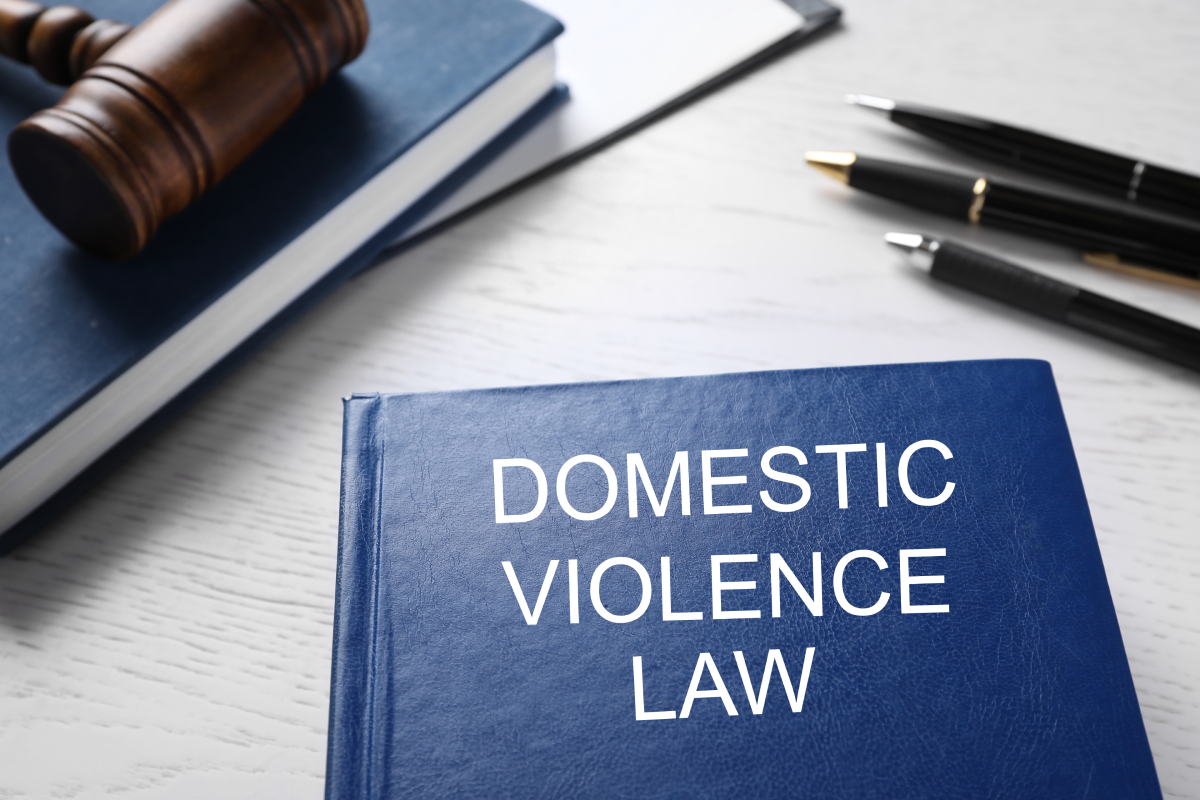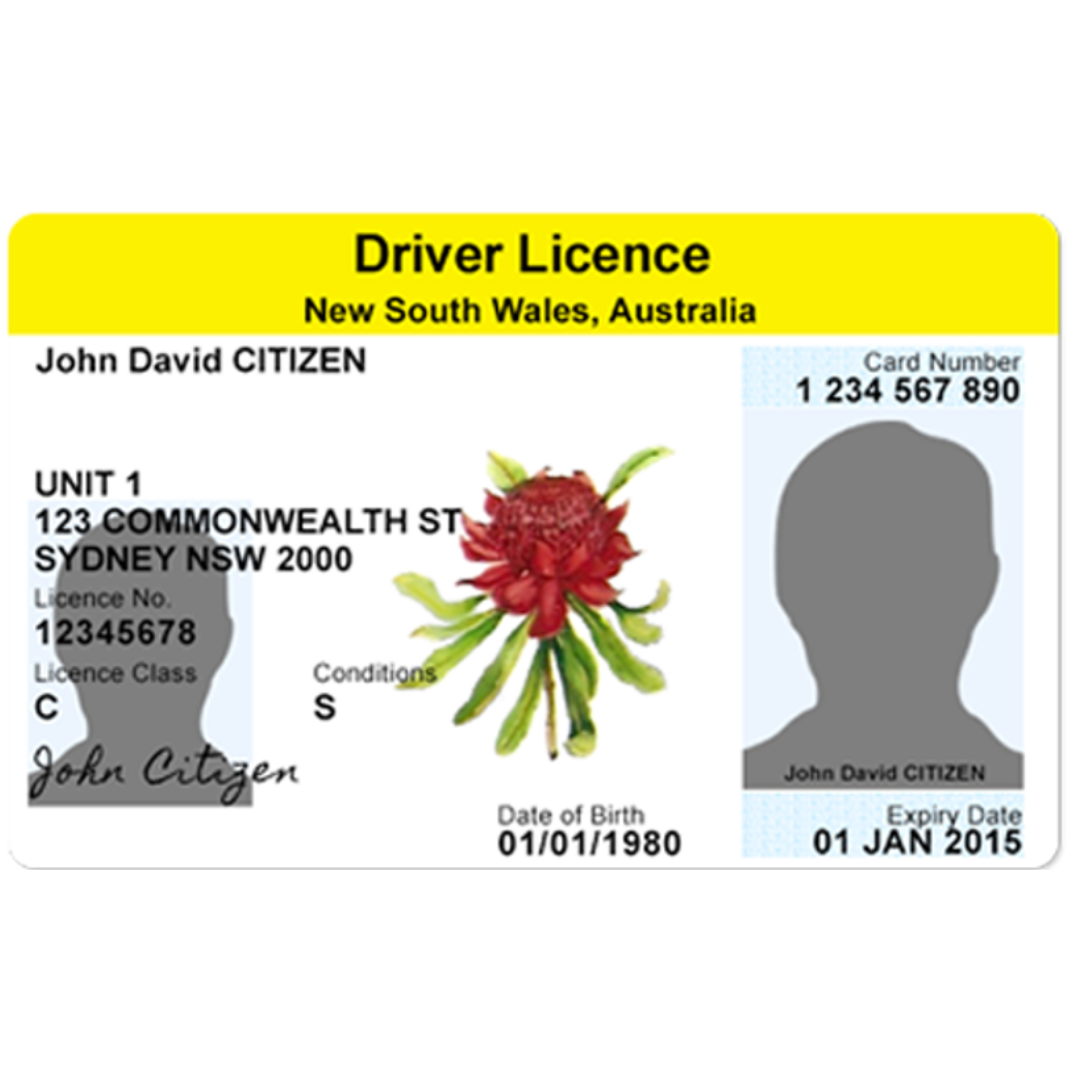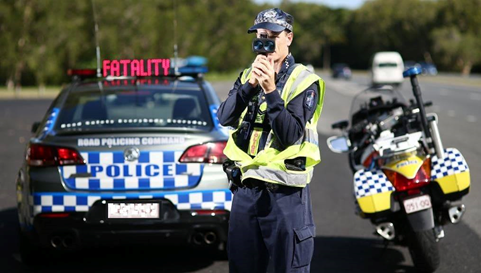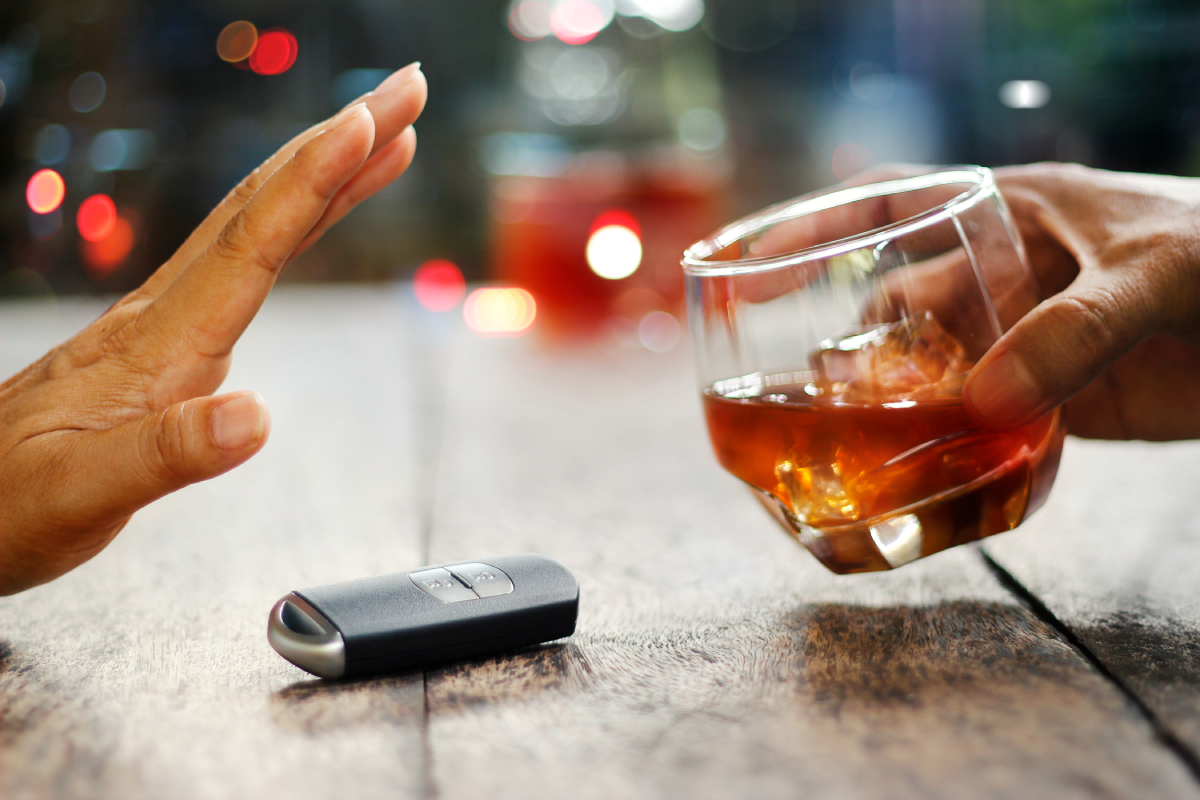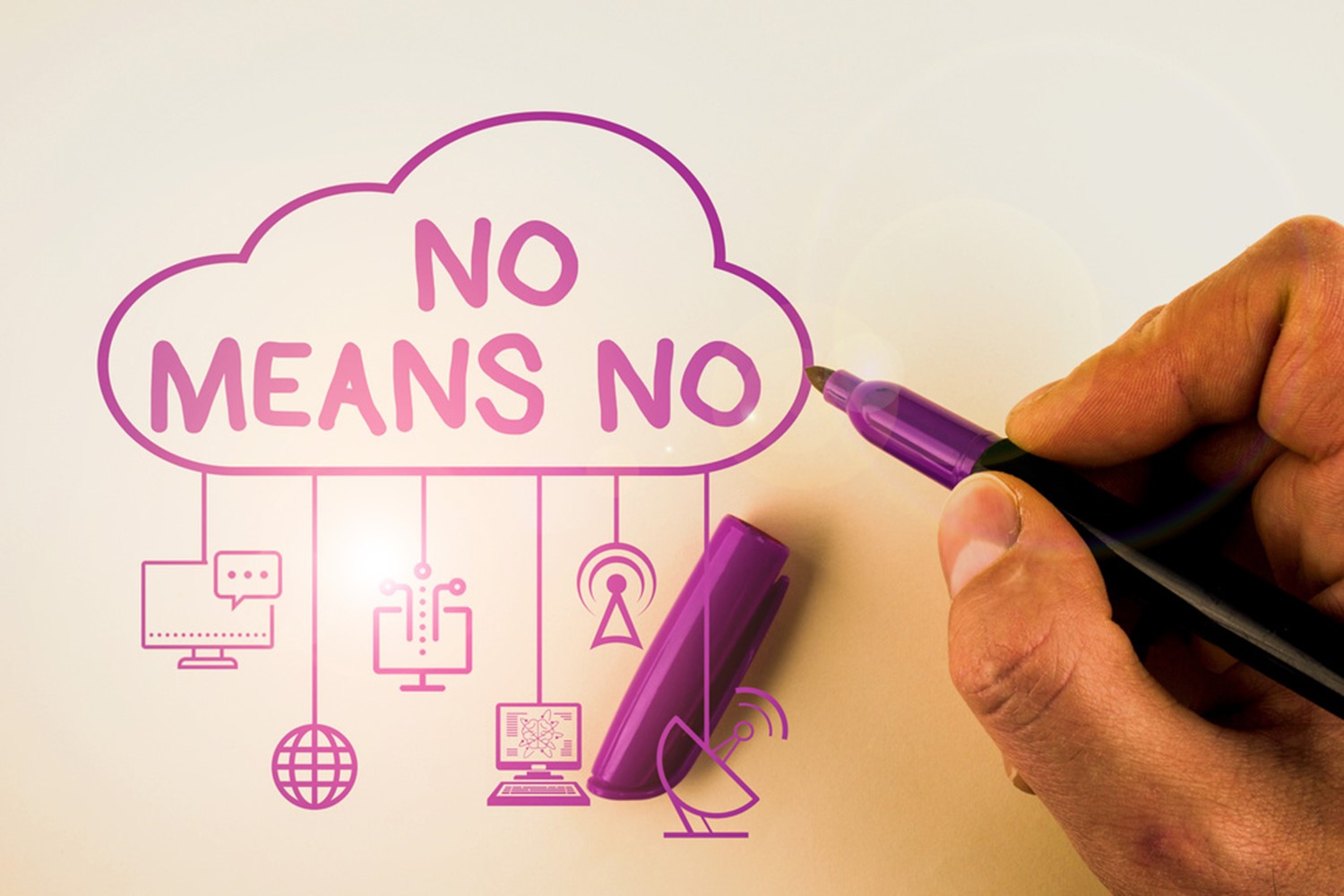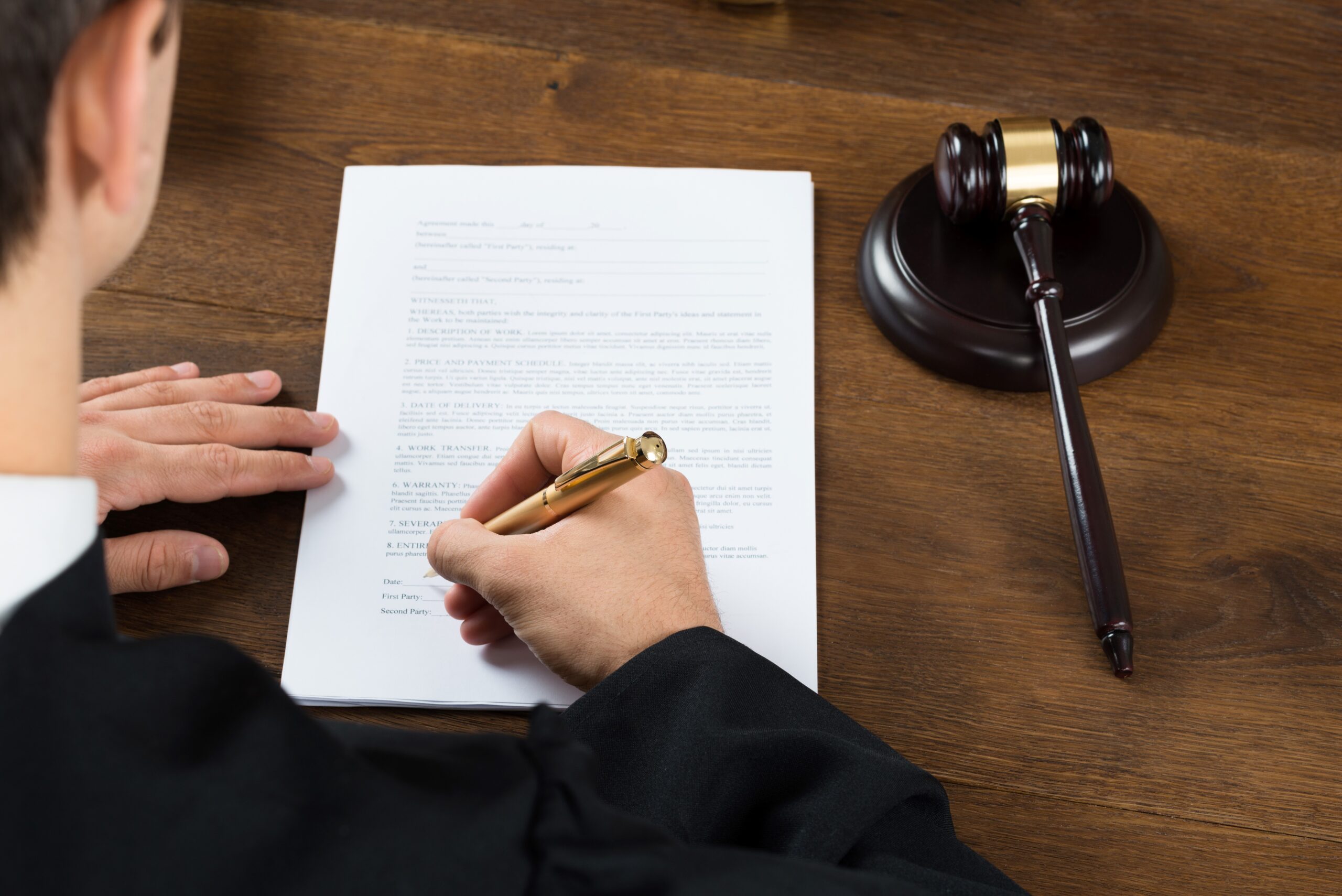Key Takeaways
- Penalties for first-time assault depend on severity, ranging from fines and community service to conditional release orders.
- Self-defence, duress, and lack of intent are some legal defences that can be used to challenge the charges.
- A lawyer can help navigate the legal process, negotiate for reduced charges, and argue for a lighter sentence.
Table of Contents
First Time Assault Charge Australia
A first-time assault charge means a person has not had any criminal charges before this. It indicates that they have a clean record, which can range from assault to grievous bodily harm. Assault is an act that instils fear or involves acts of violence, such as slapping, pushing, or threatening behaviour. For those charged with a first-time offence, the outcomes can depend on the severity of the assault and its circumstances. Some outcomes may include good behaviour bonds, community service, fines, and community correction orders.
Legal representation is essential for those convicted of a first-time offence. Therefore, a criminal defence lawyer must assess the situation and navigate towards the best outcomes. They can also help reduce the impact of the charges by gathering necessary information, such as medical reports that can be presented in court to determine a better result. Factors that may impact sentencing can range from the severity of the incident, intent, and whether the person has a clean or positive background.
What Are The Penalties For First Time Common Assault?
In NSW, common assault has a 2-year maximum. Available outcomes include dismissal (no conviction), CRO, CCO, ICO, fine, or imprisonment.
- A first-time assault fine in Victoria, where the maximum fine for unlawful assault is 15 penalty units, amounts to around AUD2,250.
- Community service can be imposed via a CCO (Community Correction Order) or ICO (Intensive Correction Order)
- Conditional release orders, which may include attending counselling or refraining from committing further offences, could be part of the probation process.
- Sentencing for first-time offenders can focus on rehabilitation, tailored according to the circumstances, background, and nature of the assault to present the best possible rehabilitation case.
What Is A Conditional Release Order For A First Offence?
A conditional release order (CRO) for a first-time offence may be issued in courts instead of imposing imprisonment or fines. This can be a lenient method for those who have committed a first-time offence. Let us look at the benefits for first-time offenders and how it works:
- A CRO is a sentence that allows the court to release an offender under specific circumstances rather than impose jail time or a fine. It serves as a way to provide a lesser penalty for offenders who have committed an offence that is not severe and who are first-time offenders.
- CROs must include standard conditions. The court may add conditions such as rehab, abstention, non-association, place restrictions, or supervision.
- A CRO may be made with conviction or without conviction.
- Depending on the CRO, details may not appear on the criminal record. For instance, if a person is issued a Section 10 CRO, it will not appear on a criminal record check.
Looking for a lawyer to help with your first-time criminal assault charges?
Book us for a free consultation. We are here to help you with your assault charges.
Contact us!
Will I Go To Jail For A First Time Assault Offence?
The possibility of a first-time offender going to jail depends on the severity of the assault, the circumstances of the incident, and whether there are any aggravating factors or if it was out of self-defence. Common assaults, which may result in non-custodial sentences such as community service, good behaviour bonds, or fines, are cases where an individual can avoid jail. If the assault did not result in injuries, the court may provide a Section 10 dismissal.
Severe penalties would be invoked for cases that show signs of bodily harm. However, if the person shows remorse, they may receive community service or a good behaviour bond rather than imprisonment. Those charged with aggravated assault using weapons may avoid imprisonment if they can demonstrate that it was done out of self-defence.
How Do Sentencing Statistics Impact First Time Assault Charges?
Sentencing statistics impact first-time assault charges by influencing the outcome for first-time offenders. Assaults are the most common offence, and those with no previous convictions and good character can potentially reduce their sentence in terms of length, lesser fines, or alternative options. For those who have committed a serious assault offence, such as intentionally or recklessly causing serious harm, including gross violence, a sentence with a minimum non-parole period is applicable. However, there may be some leniency for those who commit it for the first time, who may not have any prior convictions and have shown good behaviour.
It is important to remember that good character is always correlated with the circumstances of the offence. Thus, first-time offenders may receive specific leniency due to the severity of the offence and the impact on the victim. For those who have committed a less serious common assault, the sentence would be based on the circumstances of the case. Statistics indicate that most defendants receive a judgment of guilt of 71% and are sent to a correctional institution. However, the likelihood is lower for those who have committed the offence for the first time, and alternative sentencing, such as probation or community service, may be imposed.
What Happens When You Plead Guilty To An Assault Charge?
If you plead guilty to an assault charge, a few implications and sentences may occur. However, the exact details depend on the state or territory, as each area has differing penalties and legislation. The legal implications for those pleading guilty to breaking the law include consequences such as a criminal record, which may affect an individual’s employment, travel, and other opportunities. Moreover, sentencing depends on the judicial officer. A plea can proceed to sentence immediately, but courts often adjourn for reports or rehabilitation (e.g., assessment report requirements before imposing community-based orders).
Possible sentencing outcomes can range from fines, good behaviour bonds, probation, and community correction orders to suspended sentences. The advantages of pleading guilty are less time in court, reduced stress, the possibility of a lesser sentence, and paying less in legal fees. The risks for first-time offenders include a criminal record, difficulty appealing the conviction, and the possibility of affecting future job prospects, travel opportunities, and other aspects of life.
We have the best lawyers to help you with aggravated assault charges.
We focus on working closely with those accused of aggravated assault.
Find out more!
How Is Evidence Used In Assault Cases?
Evidence is used in assault cases to distinguish the guilt of the accused. Therefore, the burden of proof lies on the prosecution to showcase that the individual was intentional or reckless in threatening or using force against the victims. The types of evidence used in prosecutions include witness statements, victim statements, police reports, medical reports, and photos.
Moreover, this additional evidence is crucial, such as:
- Text messages, emails, and other types of communication occurred between the victim and the offender.
- CCTV footage, including video recordings.
- Physical evidence used in the assault, such as weapons or clothing.
Therefore, the testimonies must provide the necessary information about the incident. Moreover, witnesses must testify in court with their statements and be cross-examined by the defence team. It is also important to know the extent of the crime and what is a criminal lawyer and why do criminal lawyers defend criminals in this instance.

What Are The Points To Prove Assault Under Section 39?
The points to prove assault under Section 39 are as follows:
- The accused must have the intent to cause fear or violence towards the victim.
- The victim must demonstrate fear that they are subjected to unlawful violence. This can range from verbal to physical abuse.
- Violence should not occur in self-defence.
- Violence must not be consented to by the victim.
Therefore, the prosecution needs to show evidence to support the above points, ranging from statements from witnesses, video footage, photographs, medical reports, and testimony from the victim. The prosecutor must also demonstrate that there was no justification for the assault and that it was not done out of self-defence.
Who Decides If There Is Enough Evidence To Prosecute In First Time Assault And Battery Charge?
The police and prosecutor would decide if there is enough evidence to prosecute first-time assault and battery charges. Let us look at the roles and timeline for decisions on evidence:
- The police would investigate, gather evidence, and draft a report on the evidence.
- The prosecutor would then review the compiled evidence and report and decide if it is beyond reasonable doubt. Moreover, it needs to show enough evidence for a possible conviction and that the case would garner public interest to prosecute.
Depending on the case’s complexity, the police investigation may take weeks to months. The prosecutor has a few weeks to examine the evidence and decide whether to proceed with the case. Once the decision is made, the judicial system determines whether enough evidence can be presented in court.
Having a tough time finding the right lawyer for your first-time charges?
Do not fear! We are here to provide the best criminal lawyers to aid you with your assault charges.
Schedule a consultation!
Best Defences Against An First Time Aggravated Assault Charge
When facing a first-time aggravated assault, several legal defences can be used to challenge the prosecution’s case. Let us look at some examples:
- The accused can state that they acted out of self-defence.
- The accused can state that they acted out of duress due to threats or pressure.
- The accused may state that they mistook the person for someone else.
- The accused may state that there was no harm or that they did not know their actions would lead to an assault.
- The accused’s mental health/cognitive impairment can lead to a ‘special verdict of act proven but not criminally responsible’
- The accused may state that they did not know the nature of their actions due to a mental disorder.
Mitigating circumstances are essential in legal proceedings, and factors such as age, mental or emotional state, disability, no prior criminal record, duress, and minor participation may influence the outcome of the case, leading to more lenient or reduced penalties.
How Can A Lawyer Help With A First Time Assault Charge?
A lawyer can be of great assistance for a first-time assault charge. They provide legal aid, and hiring a lawyer improves strategies to navigate the impact of the charge. Let us look at some ways lawyers can assist:
- They can explain the legal process, outcomes, and implications.
- They can negotiate with the police and prosecution for lenient sentencing or to dismiss the charges.
- Review the evidence and challenge inconsistencies and inaccuracies.
- Argue for the lightest possible sentence.
- Work towards achieving non-conviction for first-time offenders.
The Criminal Law Group can provide legal support and increase the chances of a positive outcome. Therefore, first-time offenders can seek assistance and guidance from this reputable and experienced team. It is also important to determine how to prepare for consultation at a criminal law firm and to understand a guide to finding the best Sydney defence lawyers.
Can A Victim Drop Assault Charges In Australia?
Complainants cannot unilaterally ‘drop’ charges; prosecutors decide by determining various public interests, the likelihood of conviction, and the severity of the assault.
Victims can express to the prosecution and police that they would like to drop the charges, which is subject to the prosecution’s discretion.This is because even if the victim does not want to testify, the prosecution can still proceed and a subpoena may compel attendance to give evidence.
Factors influencing the decision to pursue charges are the strength of evidence, seriousness of the offence, whether the defendants have a prior conviction, impact on the victim, and public interest.
Can You Sue Someone For Assault In Australia
You can sue someone for assault charges and seek compensation for damages related to the assault. Here is an outline of the process and an example of compensation:
- Establish that the assault took place.
- Collect evidence such as medical reports, witness statements, photos, videos, and police reports.
- Seek legal advice and know your rights.
- Fill out a complaint form.
- Serve the complaint to the defendant.
- The defence has 21 days to respond, and if it fails to do so, it may be given a judgement.
- If the case is defended, pre-hearing, mediation, or arbitration will occur.
- If nothing is resolved, it will go to court.
Examples of compensation claims include medical bills, lost income, physical, emotional, and mental distress, general and punitive damages, insurance, and payment for judgements awarded.
Unable to find the right lawyer? We are here with the best legal aid.
We have the right group of lawyers to help with your case.
Connect with us today!









